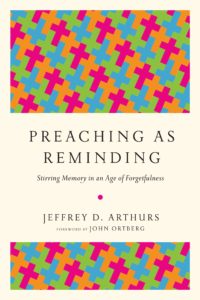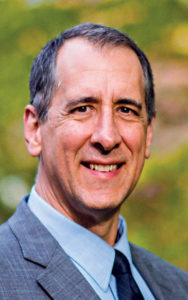
I saw this caption on what is supposed to be a funny t-shirt. I said, “supposed to be,” because it’s describing the practice of a surgeon. Yikes!
But according to Carrell’s analysis in, Preaching That Matters,
“the reluctance to eliminate content seems to be the primary preparation obstacle for most who preach wide sermons” (p. 109).
Evidently many of us struggle with cutting anything out of our sermon preparation notes. And it hurts us and our hearers.
Carrell records the different ways preachers rationale keeping everything in and delivering it all on Sundays:
“It’s such good material!”
“The more material the better!”
“The more material, the better chances there will be something for everyone!”
The problem: the more material, the greater the risk you will lose your listeners. Listeners simply get worn out trying to keep up with all that good stuff.
A few weeks ago I had the privilege of sitting down with one of our Elders who was going to preach on a Sunday morning. We met to go over his sermon notes. We talked about the best way to accomplish his goals for the sermon–the preaching portion’s goal for the worshiper. Apart from rearranging a few key segments, we spent most of our time deciding on what to leave out. We did that because cutting some things out would allow him to stay focused on what the preaching portion intended to do to the church.
Before Sunday, begin to look for some of the good, biblical information that may keep true transformation from taking place. And God will receive glory in the church and in Christ Jesus (Ephesians 3:21).
Randal











